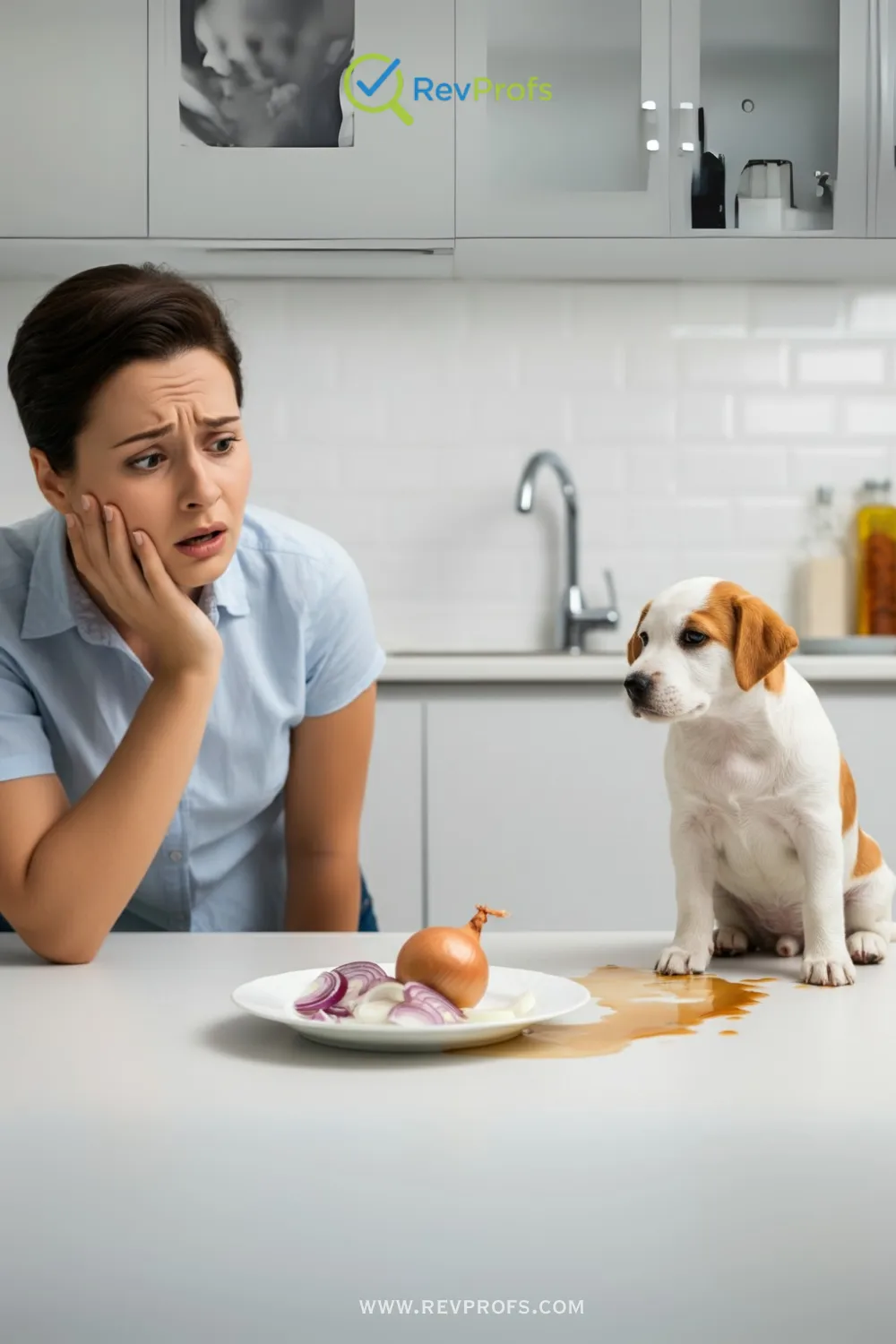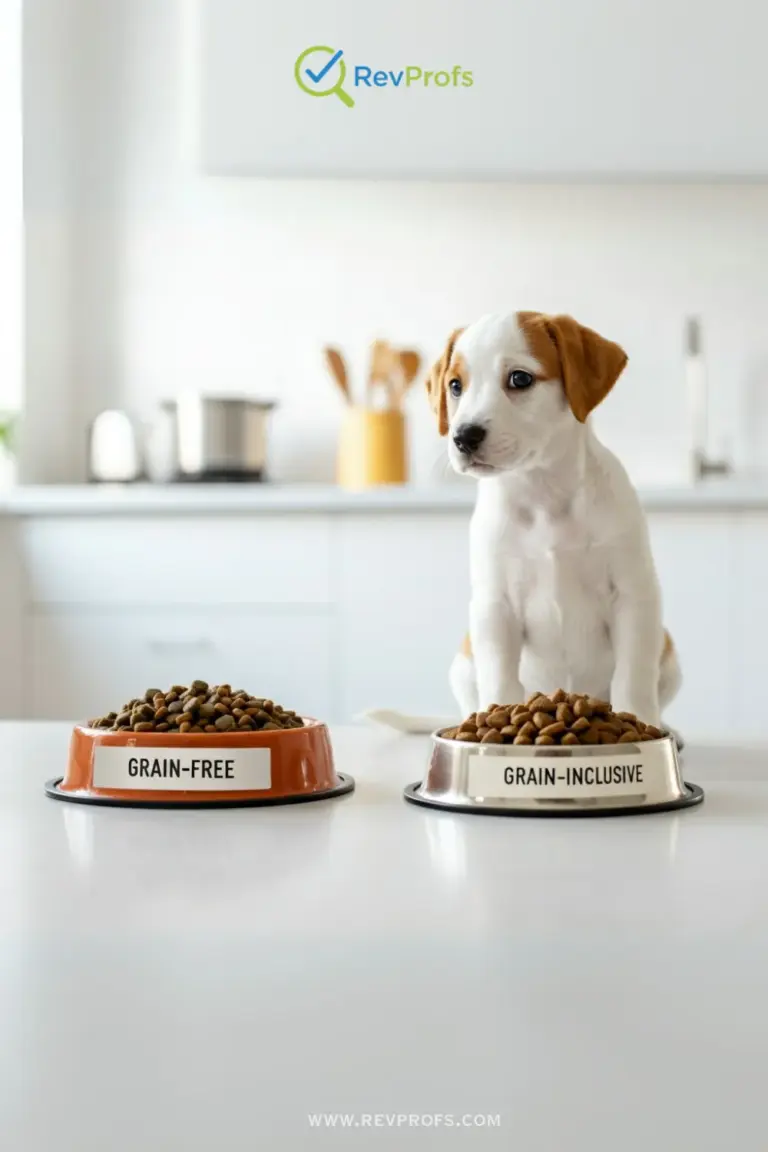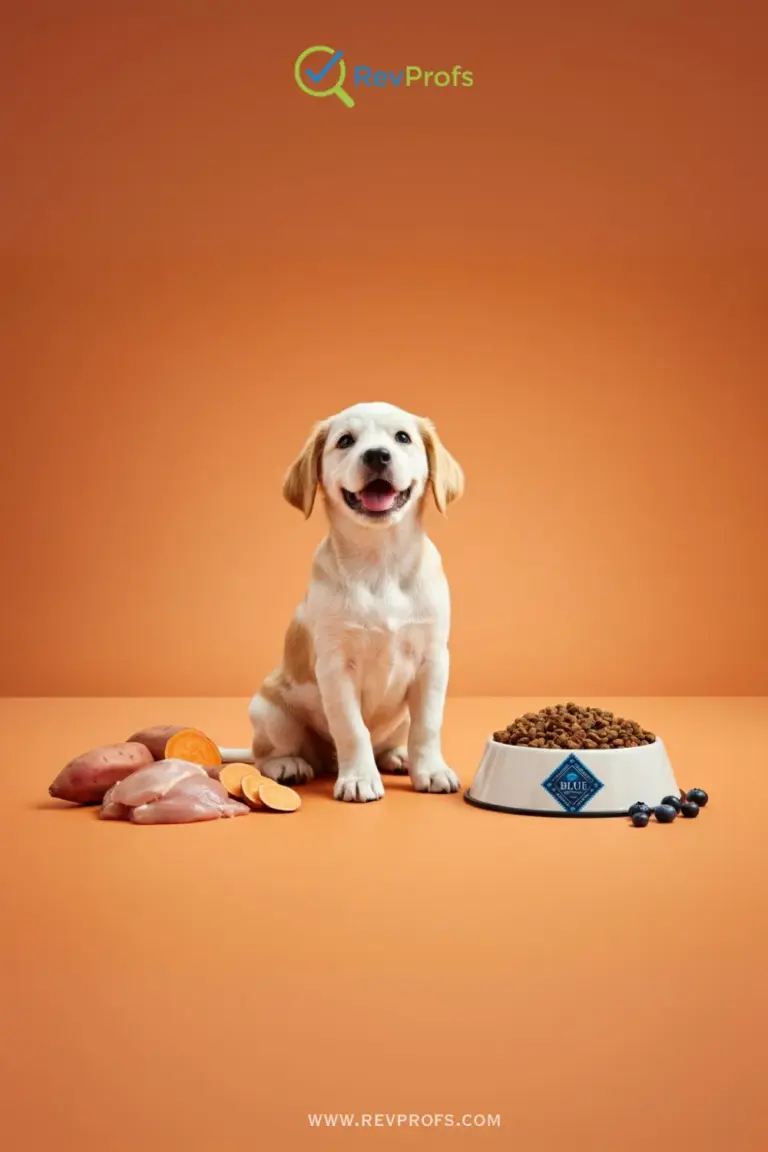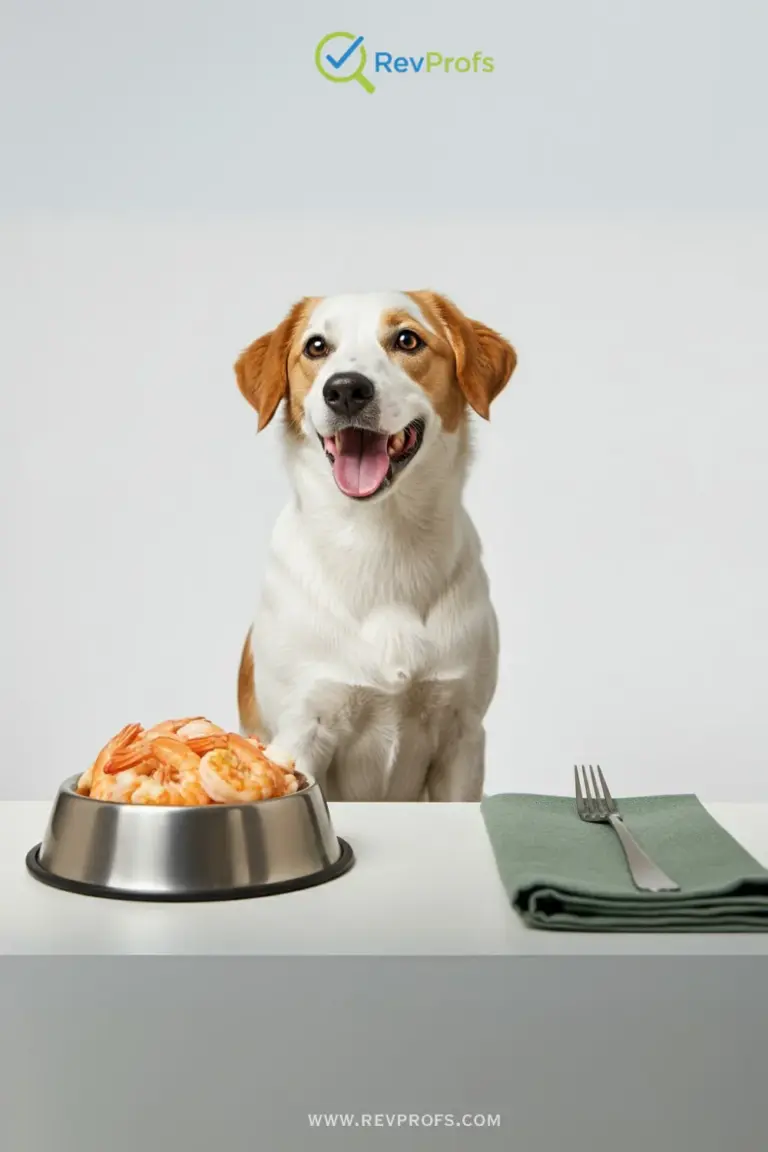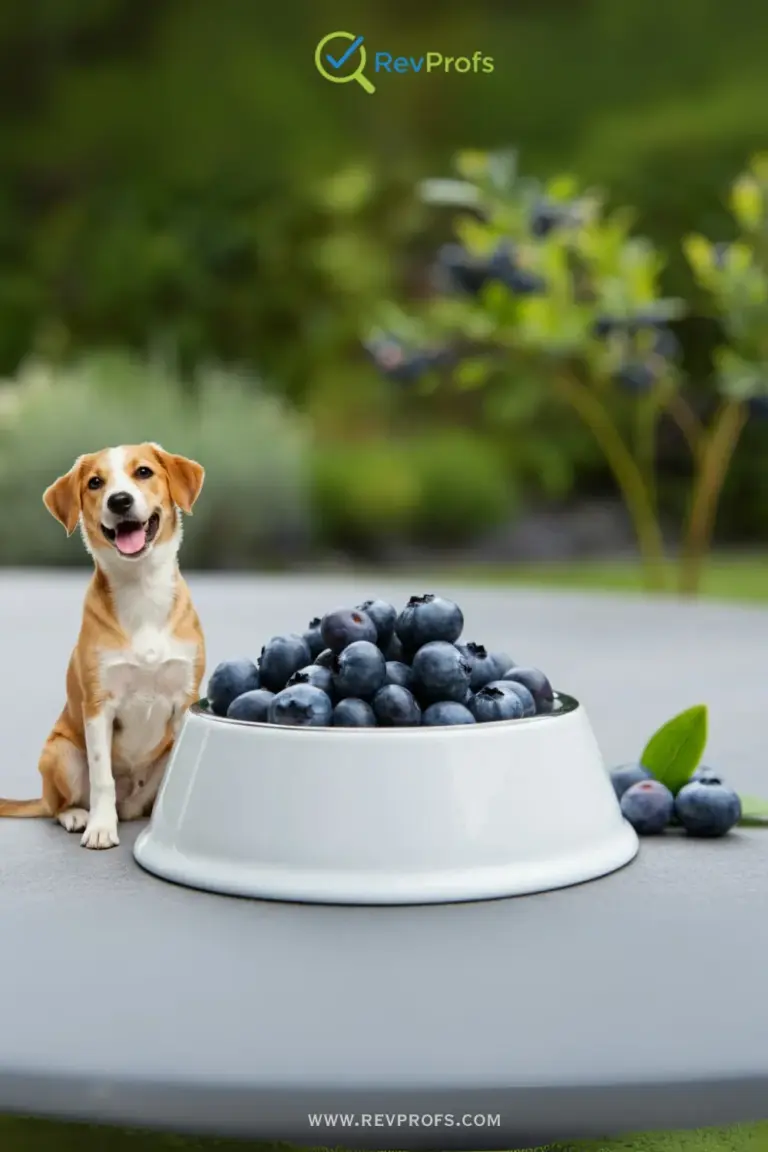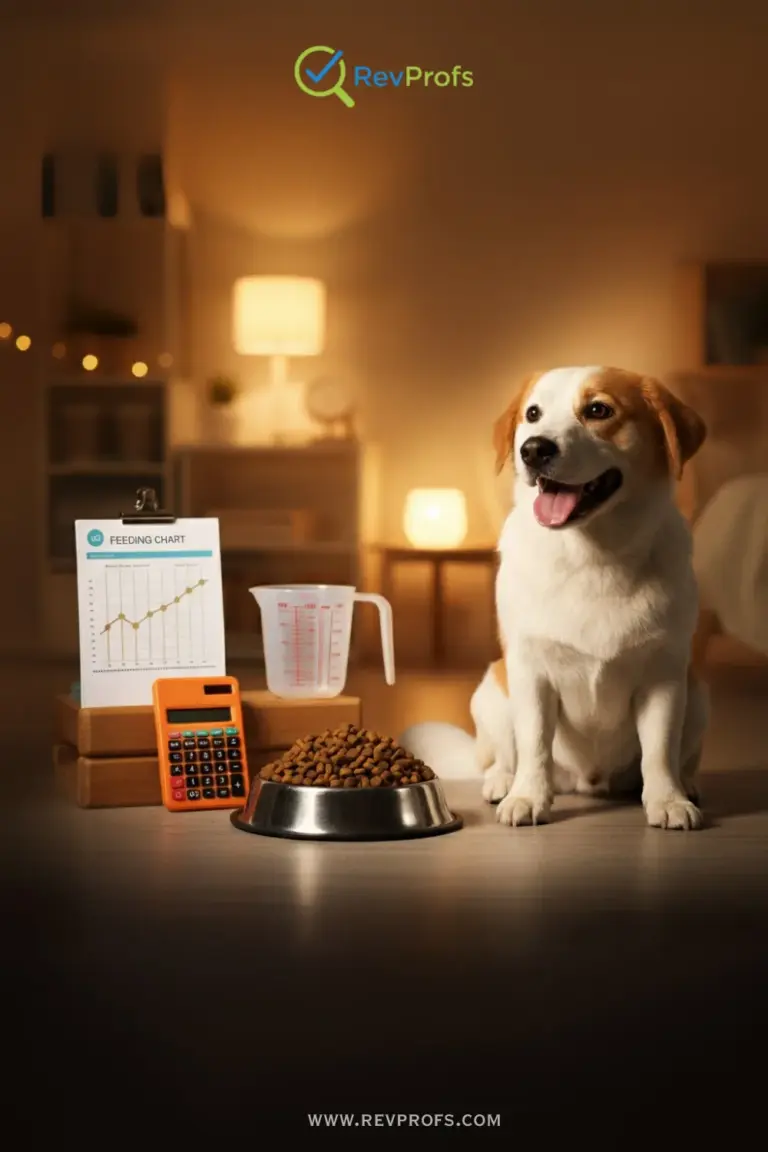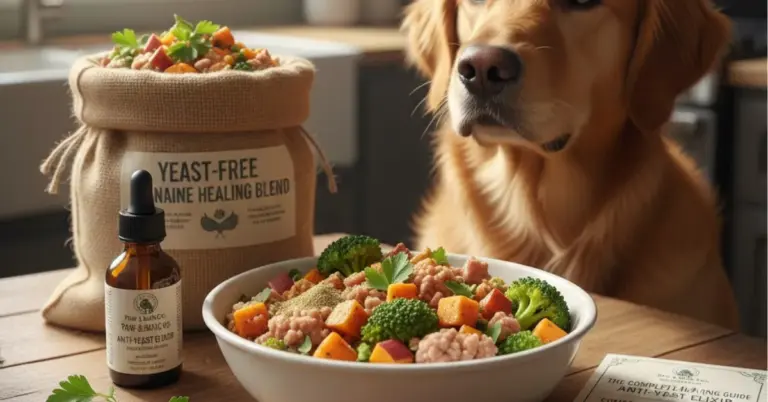Can Dogs Eat Food With Onions? 7 Urgent Facts You Need
It’s a scenario every dog owner dreads. You turn your back for a second, and your furry friend has snatched a piece of food off your plate or is licking up a spill on the kitchen floor. A moment of panic sets in as you try to remember what was in it. This often leads to the urgent question: can dogs eat food with onions? It’s a critical question to ask, and the answer is a firm and resounding no. Onions are toxic to dogs and should be avoided in all forms.
That accidental ingestion can be scary, but you’ve come to the right place for clear answers. In this guide, we’ll explain exactly why onions are dangerous, what happens if your dog eats them, the symptoms of poisoning to watch for, and the immediate steps you should take to protect your pet.
The Toxic Truth: Why Onions Are Dangerous for Dogs
While onions are a staple in human kitchens, they contain a compound that is harmful to our canine companions. This is true for all parts of the onion plant, including the flesh, leaves, and stem. Furthermore, it doesn’t matter if the onion is raw, cooked, fried, or dehydrated—the toxicity remains.
Understanding N-propyl Disulfide and Hemolytic Anemia
The primary toxin in onions is called N-propyl disulfide. Humans can easily metabolize this compound, but dogs cannot. In dogs, it attacks their red blood cells, causing oxidative damage. This damage leads to a condition called hemolytic anemia, where the red blood cells are destroyed faster than the body can produce them.
Red blood cells are responsible for carrying oxygen from the lungs to the rest of the body. When their numbers decrease significantly, your dog’s organs are deprived of the oxygen they need to function properly. This is the core of onion toxicity in dogs and why it is considered so serious.
What Happens if a Dog Eats Onion?
When a dog ingests onion, the N-propyl disulfide begins to damage their red blood cells. The severity of the toxicity depends on two main factors:
- The amount of onion consumed: A tiny piece of onion that fell on the floor might not cause a severe reaction in a large dog, but even a small amount can be dangerous for a smaller dog.
- The size of the dog: A 70-pound Golden Retriever has a much higher tolerance than a 10-pound Chihuahua.
It’s important to know that toxicity can occur from a single large ingestion or from eating smaller amounts over several days. The toxic effects are cumulative.
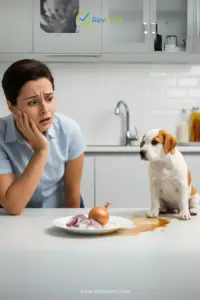
A Guide for Worried Owners: What to Do and What to Know
Seeing your dog eat something they shouldn’t is stressful. Having a clear plan can make all the difference. Here’s what you need to know about different forms of onion and the steps to take.
Are Cooked Onions Bad for Dogs?
Yes, are cooked onions bad for dogs is a common question, and the answer is an absolute yes. The cooking process does not break down the N-propyl disulfide. Sautéed onions in your pasta sauce, onion rings, or onions in a stew are just as dangerous as raw onions. In fact, many human foods contain onions as a base flavor, making them hidden dangers. For more information on human foods to avoid, you can read our Top 10 Foods Toxic to Dogs.
What About Onion Powder? My Dog Ate Onion Powder!
This is an emergency situation. Onion powder and other dehydrated forms (like onion flakes or soup mixes) are even more toxic than fresh onions because they are highly concentrated. A single teaspoon of onion powder is equivalent to a whole medium-sized onion. If you realize my dog ate onion powder, you should contact your veterinarian or an animal poison control center immediately.
Symptoms of Onion Poisoning in Dogs
The symptoms of onion poisoning in dogs may not appear immediately. It can take 2 to 4 days for the signs of hemolytic anemia to become noticeable as the red blood cell count drops. Be vigilant and watch for any of the following:
- Lethargy, weakness, or fatigue
- Pale gums (a sign of anemia)
- Red or brown-tinged urine (hemoglobinuria)
- Rapid breathing (panting without exertion)
- Increased heart rate
- Vomiting and diarrhea
- Reduced appetite
- Fainting or collapse
If you notice any of these symptoms after a known or suspected onion ingestion, seek veterinary care right away.
What to Do If Your Dog Eats Onions
- Stay Calm and Gather Information: Try to estimate how much onion your dog ate and in what form (raw, cooked, powder). Note your dog’s weight. This information will be crucial for your vet.
- Contact a Professional Immediately: Do not wait for symptoms to appear. Call your veterinarian or the ASPCA Animal Poison Control Center (a fee may apply). They will perform a risk assessment and tell you whether you need to bring your dog in.
- Do NOT Induce Vomiting Yourself: Never induce vomiting unless explicitly instructed to do so by a veterinary professional. Doing so improperly can cause serious complications.
A Note on Garlic: Can Dogs Eat Garlic?
Garlic belongs to the same Allium family as onions, leeks, and chives. As such, can dogs eat garlic is another important question. The answer is similar: garlic is also toxic to dogs. It contains the same compounds as onions, though in different concentrations. It is considered even more potent than onions, so it should also be strictly avoided.
For more helpful guides and visual explanations on pet safety, check out our YouTube channel at https://www.youtube.com/@Revprofs.
Diagnosis and Treatment of Onion Toxicity
If your veterinarian determines your dog is at risk, they will recommend an examination. They may run blood tests to check your dog’s red blood cell count and look for signs of anemia.
Treatment depends on the severity of the poisoning. It might include:
- Inducing vomiting to remove the onion from the stomach if the ingestion was recent.
- Administering activated charcoal to bind any remaining toxins.
- Providing intravenous (IV) fluids to support organ function.
- In severe cases of anemia, a blood transfusion may be necessary to replenish red blood cells.
With prompt and proper care, most dogs recover from onion poisoning. For more helpful content and product reviews, check out our blog at https://www.revprofs.com/blog/.
Final Thoughts: Better Safe Than Sorry
So, can dogs eat food with onions? The answer is a clear and simple no. All forms of onion and other members of the Allium family are toxic and can cause serious health problems. As a loving pet owner, the best approach is to prevent access entirely. Keep onions and onion-containing foods well out of reach and be mindful of sharing table scraps.
Your diligence is your dog’s best defense against accidental poisoning. By staying informed, you can ensure your home remains a safe and happy place for your four-legged family member. If you have any more questions about what’s safe for your pet, you can read our Complete Guide to Puppy Nutrition or our Can Dogs Eat Fruits and Vegetables? article. For authoritative information on pet health, the American Veterinary Medical Association (AVMA) is an excellent resource.
Ready for the Next Step?
Your pet's journey doesn't end here. Explore our expert guides to ensure they get the best care at every stage.
Puppy & Dog Care
From choosing the right food to understanding their behavior, our dog care guides cover everything you need to know.
Explore Dog GuidesGear & Product Reviews
Find honest, in-depth reviews on the latest pet gear, from smart collars to durable toys, and make informed decisions.
See All Reviews
